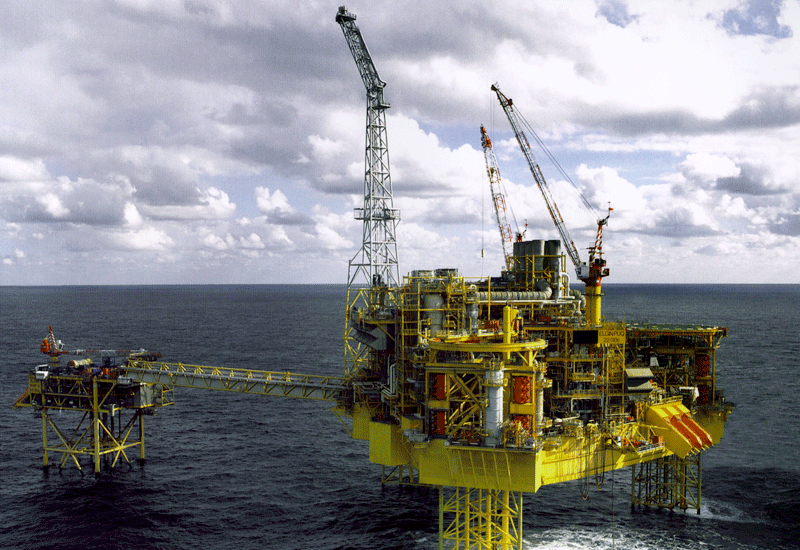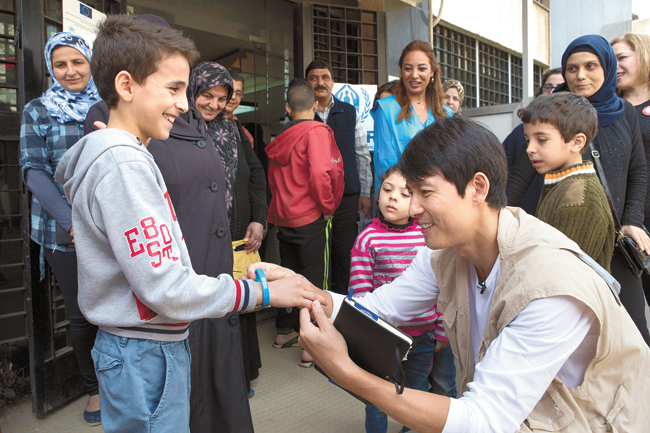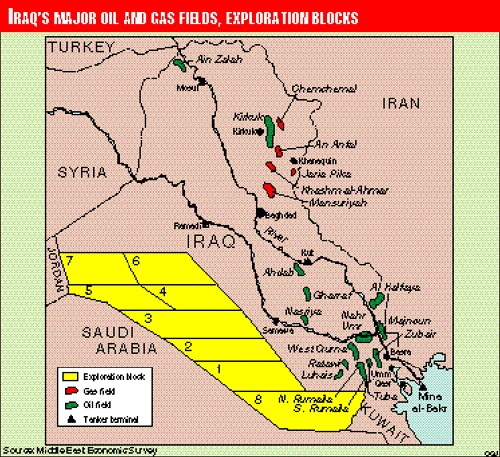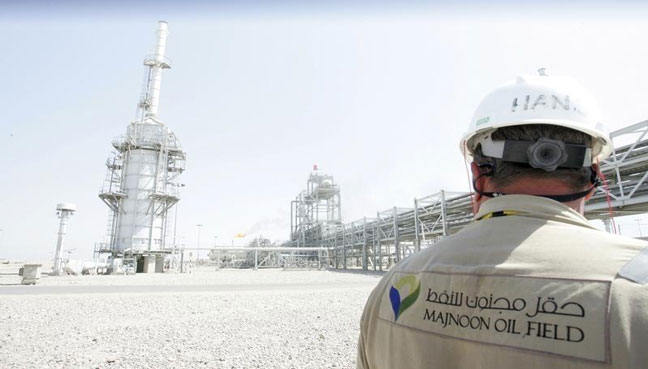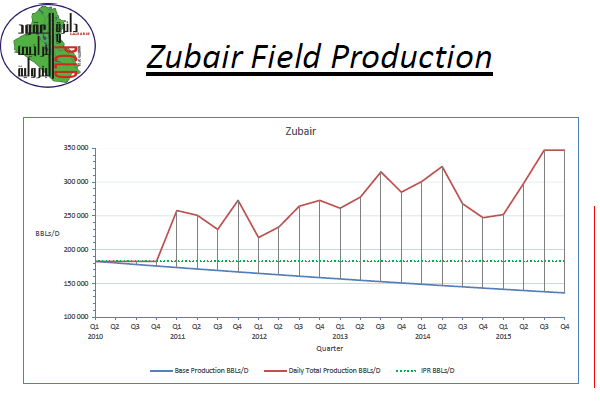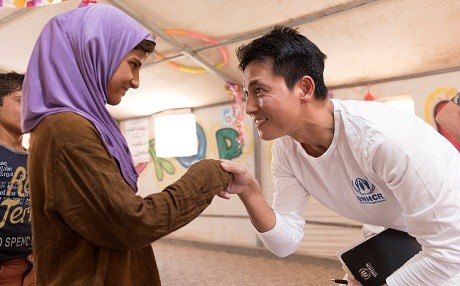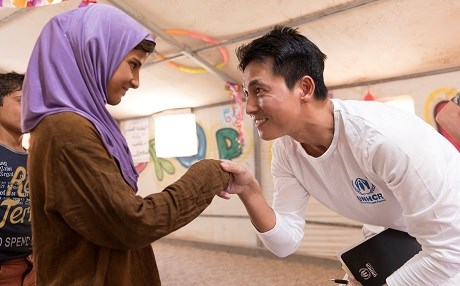Iraq receives the first delivery of COVID-19 vaccines through the COVAX Facility
Amid a global shortage of COVID-19 vaccines, Iraq has finally received 336 000 doses of AstraZeneca COVID-19 vaccine through the COVAX Facility, a partnership co-led by Coalition for Epidemic Preparedness Innovations (CEPI), Gavi – The Vaccine Alliance and the World Health Organization (WHO), alongside key delivery partner UNICEF.
The AstraZeneca vaccines, manufactured by SK-Bio Institute of South Korea, arrived on Thursday 25 March 2021, and were received at Baghdad International Airport by the Minister of Health, Iraq, His Excellency Dr Hassan Mohammed Al-Tamimi, accompanied by the teams of the MOH, WHO and UNICEF.
This is a historic step towards the global goal to ensure equitable distribution of COVID-19 vaccines around the world and is part of a first allocation of vaccines to Iraq. Further consignments of 1.1 Million COVAX vaccine doses are planned for Iraq in the coming weeks and will continue to cover 20 per cent of the population before the end of 2021.
The COVID-19 pandemic still has a long a way to run in Iraq and around the world, as intense transmission is ongoing and is putting enormous pressure on hospitals, intensive care units and health workers. While the preventive measures can be effective in reducing transmission of the virus, their effectiveness depends on strict application by all citizens.
The arrival of the vaccines and the launch of a nationwide vaccination campaign will be a game changer in the battle against COVID-19. However only when more than 80% of the eligible population are reached, will a significant reduction in transmission be achieved.
His Excellency Dr Hassam Mohammed Al-Tamimi, Minister of Health, Iraq, said:
“Today, vaccines that were expected in the country since the last week of February have finally arrived. Although Iraq finalized all the requirements for the COVAX facility in time, delays in the global production and shortages of vaccines within the COVAX Facility delayed this shipment. The vaccines received today have recently received the Emergency Use Listing from the World Health Organization and will be a game changer in the response to COVID19 Pandemic in Iraq.”
“The Ministry of health will immediately dispatch these vaccines to all departments of health in Baghdad, in all governorates and Kurdistan to be used for protecting people within the priority groups according to the national vaccine deployment plan and framework.”
Dr Ahmed Zouiten, WHO Representative, Iraq, said:
“This is a historical landmark in the response to COVID-19 in Iraq, receiving and utilizing these vaccines is a step in the right direction in controlling the pandemic in Iraq. Indeed, these vaccines have proven to be very safe and effective in preventing COVID-19 infections, with its associated risk of hospitalization and death.”
“We wish to congratulate the Ministry of Health and the Government of Iraq for all the efforts deployed for the response to COVID19 in general, and for securing the arrival of these life-saving vaccines in the country. As more vaccines are receiving the WHO Emergency Use listing, and more doses of vaccines are manufactured globally, we will be looking forward to receiving more allocations and more vaccines from the COVAX facility in the coming weeks and months.”
Mr. Paul Edwards, UNICEF’s acting Representative to Iraq, said:
“UNICEF and WHO have been working with the Ministry of Health around the clock to make sure that Iraq has enough syringes, vaccination cards, and state-of-the-art cold chain facilities to store the vaccines safely, in anticipation of this day. We have also trained thousands of health workers in vaccination centers across Iraq.
“We have been waiting for this day for months. Vaccines are among the greatest advances of modern medicine. They are a protective shield, keeping families and communities safe.“
While these vaccines are being rolled out, the Ministry of Health, WHO and UNICEF urge all people in Iraq to continue observing public health measures that are in place, such as wearing masks at all times, physical distancing, air ventilation, proper hand hygiene and avoiding congested gatherings and settings.
(Source: UN)
The post Iraq receives First Delivery of Vaccines through COVAX Facility first appeared on Iraq Business News.

